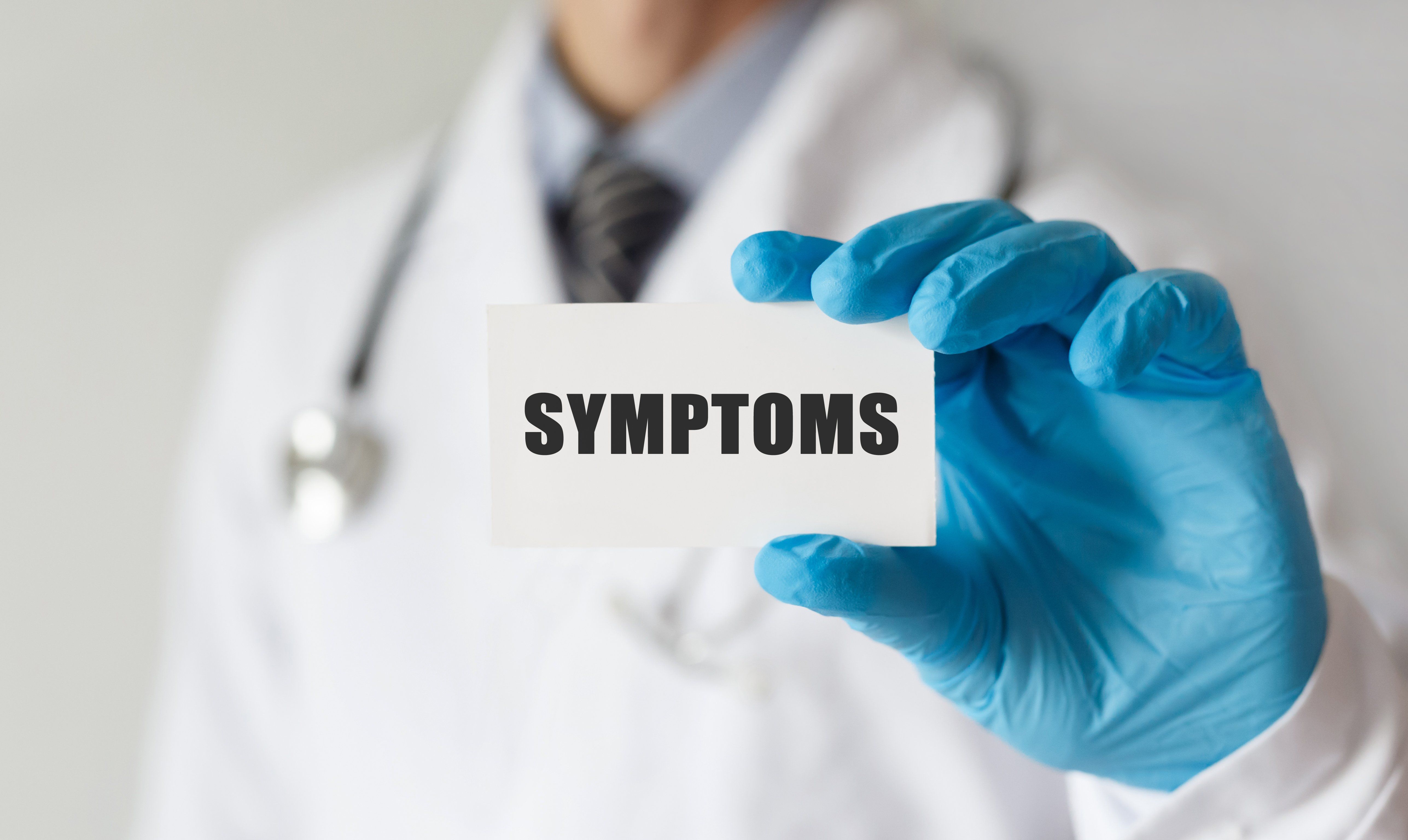From Symptoms to Solutions: Your Path to Better Health
Know the Symptoms to Prevent Your Health
The symptoms page is structured to put forward all important and useful information regarding various diseases, especially symptoms of different diseases to help you seek appropriate medical attention at an early stage.
Why Awareness of Disease Symptoms is Crucial
Early Detection: When you know the core symptoms of different diseases it is possible to detect a disease at an early stage which will increase the possibilities of getting rid of the disease via treatment.
Informed Decisions: By knowing the symptoms, causes and other related information regarding the disease you can make informed decisions about your health and seek medical help.
Prevention and Management: When you gain more knowledge about the symptoms of diseases it is much easier to be preventive of it and manage it.
Peace of Mind: Being aware of symptoms and understanding their implications means no way to overthink and build anxiety.
Key Diseases Covered
This page leads you through a wide range of diseases, its symptoms, causes, and potential treatments. Here are some of the key diseases you will find information about:
1. Cardiovascular Diseases
2. Respiratory Diseases
3. Infectious Diseases
4. Chronic Conditions
5. Neurological Disorders
6. Cancers
7. Digestive Disorders
8. Skin Conditions
9. Mental Health Issues
10. Paediatric Diseases
Features of Our Disease Symptoms Blogs
In-Depth Articles: You can find well explained blogs focusing on various diseases, their symptoms, causes, and treatments.
Expert Insights: You will get trustworthy information as it is curated based on the inputs from healthcare professionals.
Preventive Tips: As you know prevention is way better than undergoing a treatment, you can gather multiple preventive tips here.
Treatment Options: You can get an overall idea of the treatment procedures that are advisable for different stages of diseases including medications, and alternative therapies.
FAQs: You will also find well researched answers for the most common concerns and can gain more clarification.
The aim of Star Health Insurance by providing information on disease symptoms is to create awareness among the people and help you identify the diseases at the earliest and get treatment.
Related Symptoms Pages
அறிகுறிகள் பற்றி மேலும் வாசிக்க
Health Insurance Coverage for pre-existing medical conditions is subject to underwriting review and may involve additional requirements, loadings, or exclusions. Please disclose your medical history in the proposal form for a personalised assessment.
Information on the Symptom page is for general awareness purposes and not a substitute for professional medical advice. Always consult a healthcare professional for any health concerns before making any decisions regarding your health or treatment. T & C apply For further detailed information or inquiries, feel free to reach out via email at marketing.d2c@starhealth.in
